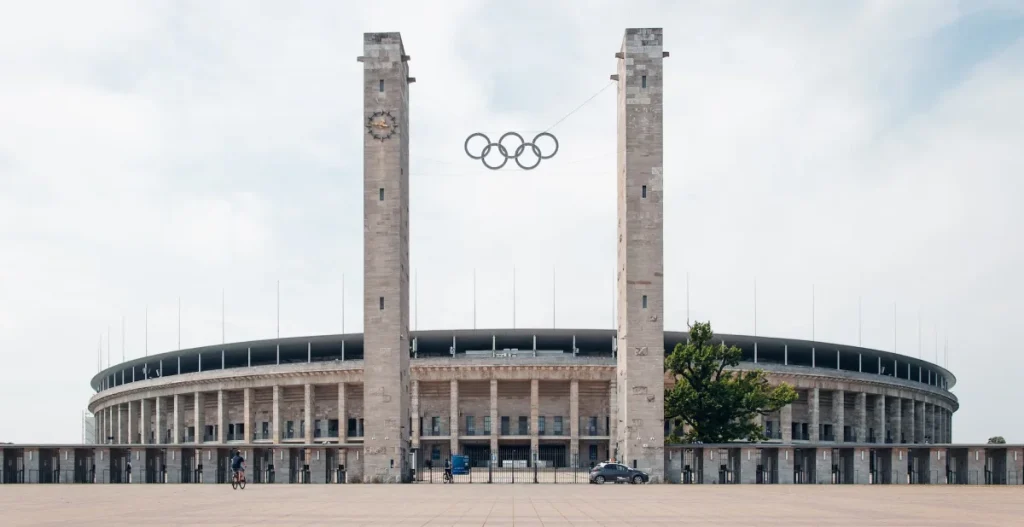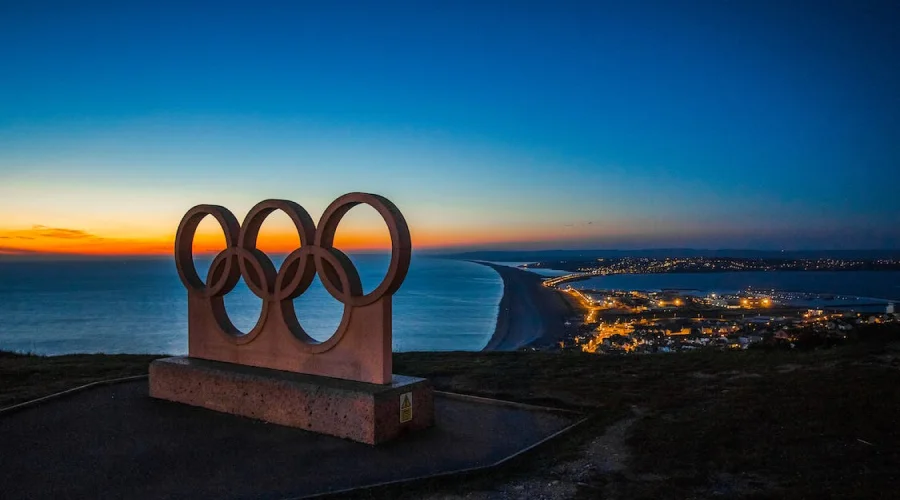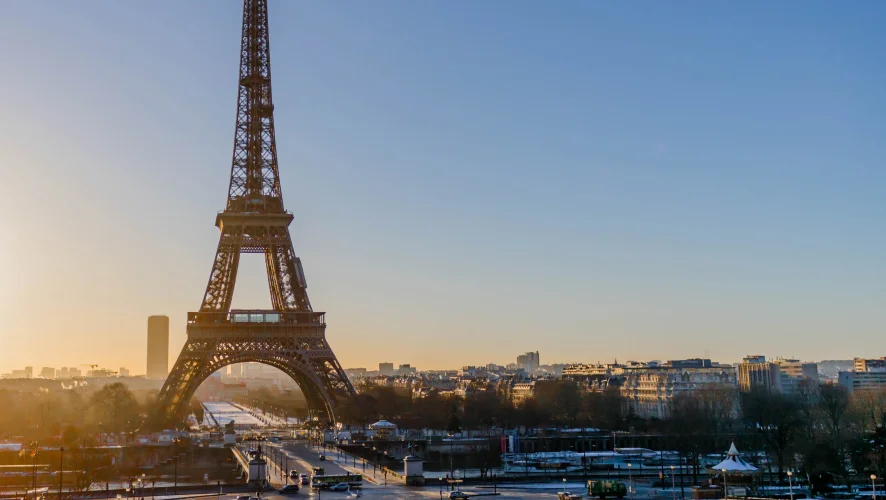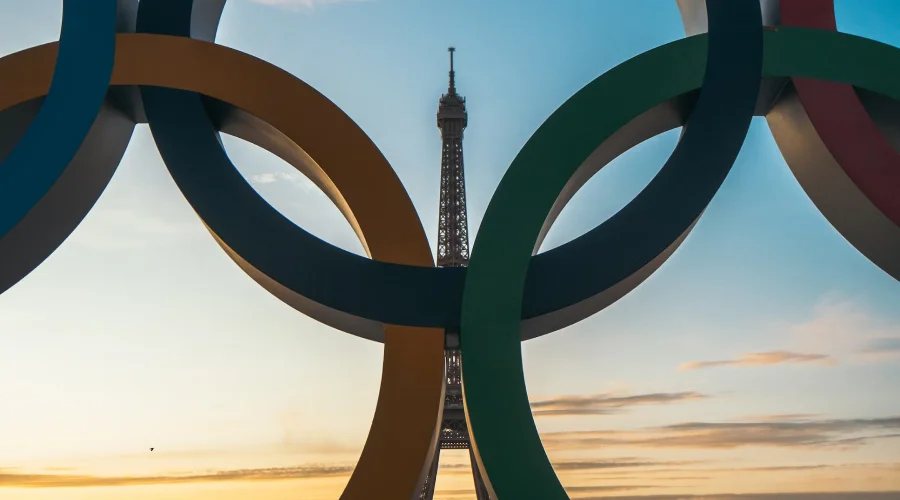
The Olympic Games, an event that captures the world’s attention every four years, stand as a symbol of unity, competition, and human achievement. In 2024, the global spotlight will turn to the enchanting city of Paris, known for its rich history, cultural heritage, and passionate love for sports. The 2024 Summer Olympics in Paris promise to be a celebration of excellence, international cooperation, and a showcase of the values that underlie the Olympic movement. In this article, we’ll explore the journey of the Paris 2024 Olympics, from their origins and vision to the events, legacy, and impact on the city and the world.
Origins of the Paris 2024 Olympics
The idea of hosting the Olympic Games in Paris was born more than a century ago. The city first welcomed the world to the Olympics in 1900 when it hosted the second modern Olympic Games. The tradition continued in 1924 when Paris hosted the Games for the second time. In 2024, Paris will become the second city after London to host the Olympics for the third time.
The bid for the 2024 Olympics was officially launched in 2015, with cities like Rome and Budapest initially in the running. However, both these cities withdrew their bids due to concerns about the financial and logistical aspects of hosting the Games. As a result, it came down to a head-to-head race between Los Angeles and Paris.
In 2017, the International Olympic Committee (IOC) awarded Paris the hosting rights for the 2024 Summer Olympics, while Los Angeles was chosen as the host for the 2028 Games. This decision was unique in Olympic history, as it allowed both cities to host the Games, recognizing their strong proposals and commitment to the Olympic movement.

Vision for Paris 2024
The Paris 2024 Olympics carry a compelling vision: “Made for Sharing.” This theme encapsulates the desire to create Games that are inclusive, accessible, and shared with as many people as possible. It focuses on engaging the French public and the world, making the Games an event for all.
The organizing committee aims to use the 2024 Olympics to bring about positive change for France and its citizens. The Games are seen as a way to promote social, economic, and environmental progress. Paris intends to leave a lasting legacy of sustainable development, innovation, and urban revitalization. The event will transform the city, shaping a better, more accessible Paris for the future.
Venues and Events
The 2024 Olympics will feature a wide array of events, most of which will be held in iconic venues and new, state-of-the-art facilities. Some of the key venues include:
-
- Stade de France: This 80,000-seat stadium will host the opening and closing ceremonies. It played a pivotal role in the 1998 FIFA World Cup and now awaits its transformation for the 2024 Olympics.
-
- Seine River: Paris is unique in that many of its historic landmarks, like the Eiffel Tower and Notre Dame, are integral parts of the Olympics. Some events, like triathlon and marathon swimming, will take place along the Seine River, offering athletes and spectators stunning views of the city.
-
- Versailles: The beautiful Palace of Versailles will serve as the backdrop for equestrian events. The grandeur of the palace and its gardens will provide a majestic setting for these competitions.
-
- Champs-Élysées: The famous avenue will serve as the site for road cycling and the marathon, allowing athletes to race through the heart of the city, passing by iconic landmarks.
-
- Le Bourget: The Le Bourget area will house the Aquatics Centre, which will be a vital location for swimming and synchronized swimming events.
The Games will feature the usual athletic contests but also several newer sports, in line with the IOC’s mission to keep the Olympics relevant and attractive to younger audiences. Paris 2024 will include breakdancing, skateboarding, and sport climbing as part of the official program.

Paris 2024 and Sustainability
The Paris 2024 Olympics have a strong commitment to sustainability. One of the key environmental objectives is to leave no permanent Olympic structures in the city. The Games are designed to be fully integrated into the existing urban environment, and many of the venues are temporary or will be repurposed after the event.
The 2024 Olympics also aim to minimize their environmental footprint. There will be a strong focus on using renewable energy sources and limiting greenhouse gas emissions. Paris intends to have the first energy-positive Olympic Games, meaning they will produce more energy than they consume.
The Games have a broader purpose, too. They aim to inspire a love for sports in younger generations and foster positive changes in local communities, creating an enduring social legacy for Paris and France.
Economic Impact
The economic impact of hosting the Olympic Games can be substantial. Paris 2024 expects the Games to generate significant economic benefits for the city and the country. It is estimated that hosting the Olympics will result in billions of dollars in revenue, including tourism, infrastructure development, and increased business opportunities.
Hosting the Olympics requires a massive workforce for event organization, construction, hospitality, and more. This leads to job creation and can be a crucial economic driver, especially in the lead-up to the Games. Thousands of people will find employment in various sectors, including construction, transportation, hospitality, and event management.
Paris 2024 has set ambitious sustainability goals. The organizers are committed to delivering the Games with a minimal environmental footprint. They aim to minimize waste, reduce carbon emissions, and promote green practices. The long-term environmental impact could be a more sustainable and eco-friendly city.
It’s important to note that hosting the Olympics also comes with challenges, including budget management and ensuring that the economic benefits are distributed equitably. To maximize the economic impact of the Paris 2024 Olympics, careful planning, financial oversight, and sustainability efforts are key. The long-term success of the Games depends on how well these aspects are managed.

Impact on Paris City
The impact of hosting the Olympic Games on a city can be far-reaching, influencing various aspects of its infrastructure, economy, culture, and environment.
Hosting the Olympics typically has a substantial economic impact on the host city. It can stimulate economic growth by boosting tourism, creating jobs, and generating revenue from ticket sales, merchandise, and sponsorships. Paris is likely to benefit from increased tourism and investment, particularly in sectors such as hospitality, transportation, and construction.
To prepare for the Games, the host city often invests in significant infrastructure projects. Paris is no exception. The city is planning to develop new sports venues, improve transportation networks, and enhance urban facilities. These infrastructure upgrades can have long-term benefits for the city’s residents and future development.
The Olympics often lead to urban renewal projects that can transform neighborhoods and improve the quality of life for residents. Paris is focusing on sustainable development and urban revitalization, aiming to leave a positive and lasting legacy. Some areas of the city may undergo a revitalization process, making them more accessible, attractive, and vibrant.
Hosting the Olympics is a celebration of culture and diversity. It’s an opportunity for a city to showcase its artistic, culinary, and cultural heritage to a global audience. The Paris 2024 Games are likely to promote French culture, including its rich history, art, cuisine, and fashion.
The Olympics serve as a powerful promotional tool for the host city and country. Paris 2024 will significantly boost its global profile and attract millions of international visitors. The increased visibility and promotion are expected to lead to a surge in tourism both during and after the Games.
Hosting the Olympics can leave a sporting legacy by inspiring local communities to engage in sports and physical activity. The improved sports infrastructure may continue to benefit athletes and residents long after the Games conclude.
The Games can promote social cohesion, unity, and civic pride. They encourage volunteerism and community engagement. Paris 2024 is focusing on inclusivity, making the Games accessible to all, and involving local communities.
Preparing for and hosting the Olympics requires a significant workforce, which leads to job creation. From construction workers and event staff to volunteers and hospitality professionals, the Games can provide temporary and long-term employment opportunities.
The Olympics often encourage citizens to become more involved in their communities. Local residents may feel a sense of ownership and pride in hosting such a major event, leading to greater civic engagement.
While there are numerous positive impacts associated with hosting the Olympics, there can also be challenges, including managing the costs, ensuring the long-term use of infrastructure, and addressing potential disruptions. However, with careful planning and execution, the Paris 2024 Olympics have the potential to leave a significant and positive impact on the city, its residents, and the global community.

Conclusion
In conclusion, the Paris 2024 Olympics are set to be an extraordinary celebration of sport, culture, and sustainability. With a rich history of hosting the Games, Paris is well-prepared to welcome the world once again, this time with a vision of inclusivity, accessibility, and sharing. The “Made for Sharing” theme embodies the spirit of the Games, aiming to make the 2024 Olympics an event for all, both for the people of France and for the global community.
Paris 2024 is not just about two weeks of world-class athletic competition; it’s about leaving a lasting legacy. The city intends to transform itself, not only through the construction of new venues but by promoting sustainable development, innovation, and urban revitalization. The Games will be a catalyst for positive change, creating a more accessible and prosperous Paris for generations to come.
The choice of iconic venues, from the Seine River to Versailles and the Champs-Élysées, adds a touch of magic to the event. The blend of historic landmarks and modern facilities creates a unique atmosphere for athletes and spectators alike. In embracing new sports like breakdancing, skateboarding, and sport climbing, the 2024 Olympics stay true to their mission of engaging younger audiences and evolving with the times.
Sustainability is at the heart of the Paris 2024 vision. The commitment to leaving no permanent Olympic structures and the goal of achieving energy positivity set a new standard for environmentally responsible Games. Paris is not only preparing for the arrival of athletes and visitors but for a brighter future for its citizens and the planet.
Economically, the Paris 2024 Olympics are expected to be a boon. The Games will stimulate tourism, generate revenue, and create countless business opportunities. With millions of visitors expected, Paris will further solidify its place as one of the world’s top tourist destinations.
The Paris 2024 Olympics represent a remarkable moment when the past and the future meet in the City of Light. As the countdown to 2024 continues, the world eagerly anticipates a spectacular event that will inspire, unite, and leave a legacy of progress. Paris is set to shine once again, not only as a beacon of culture and history but as a symbol of innovation, sustainability, and the Olympic spirit.
